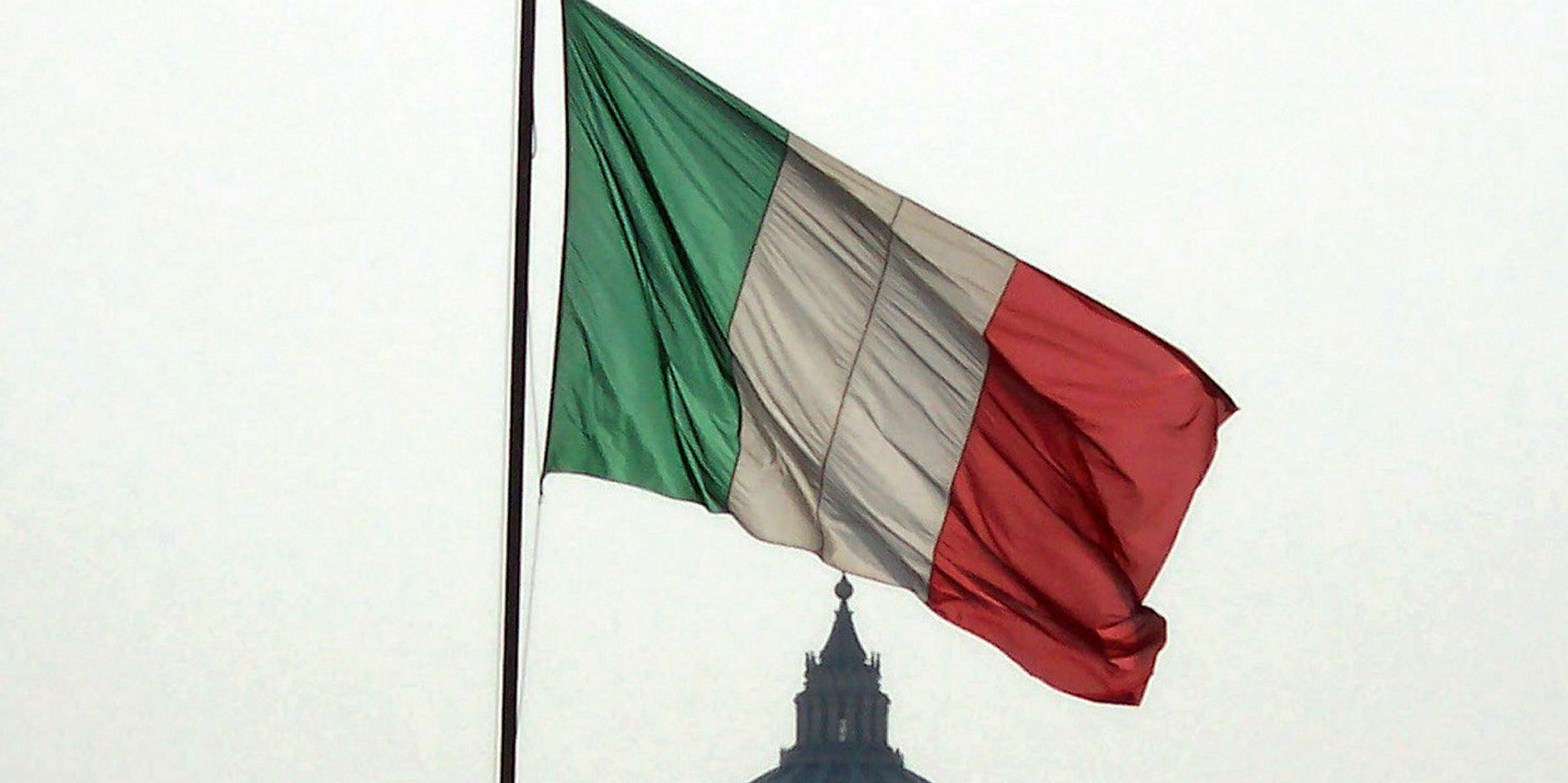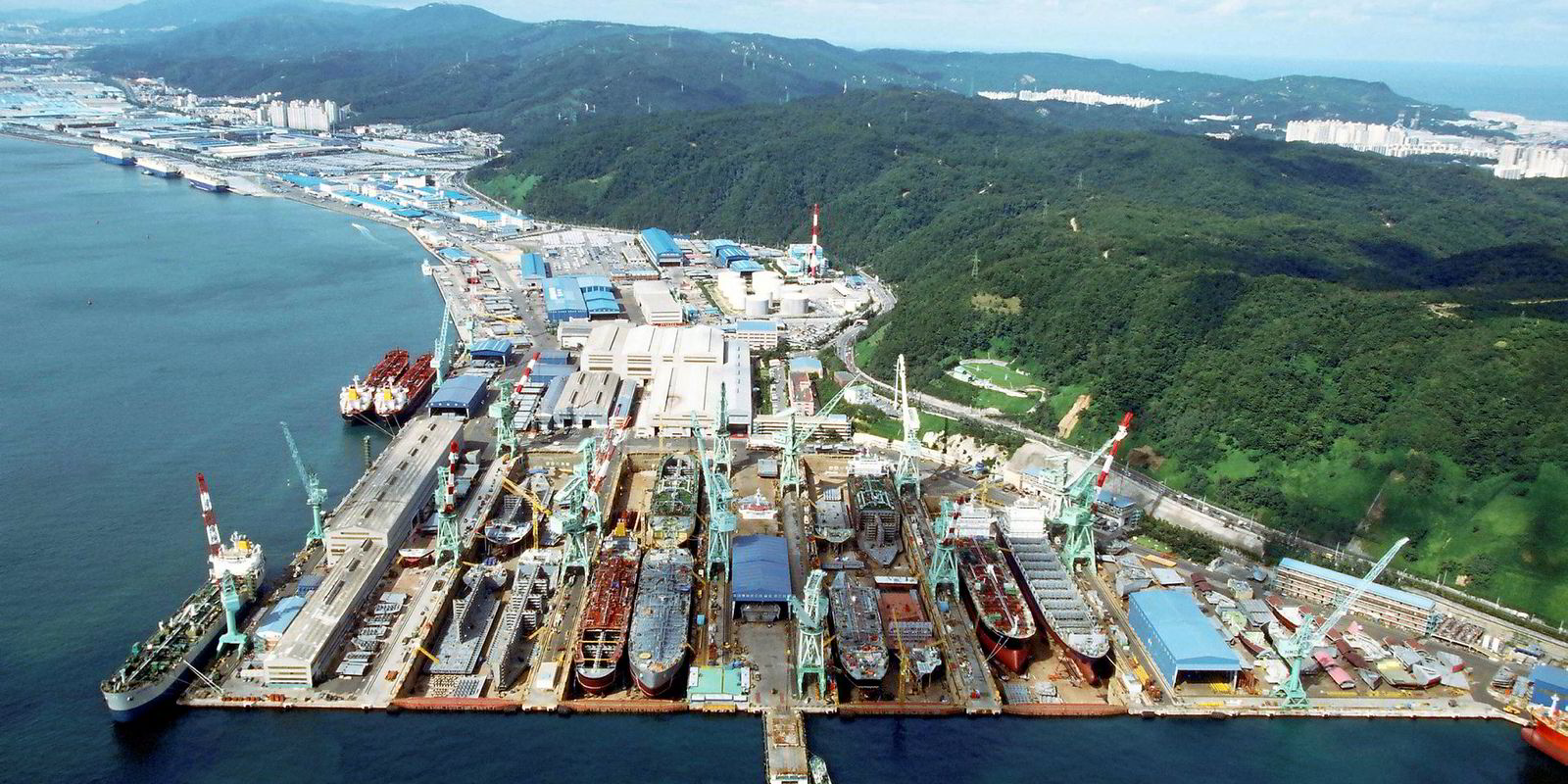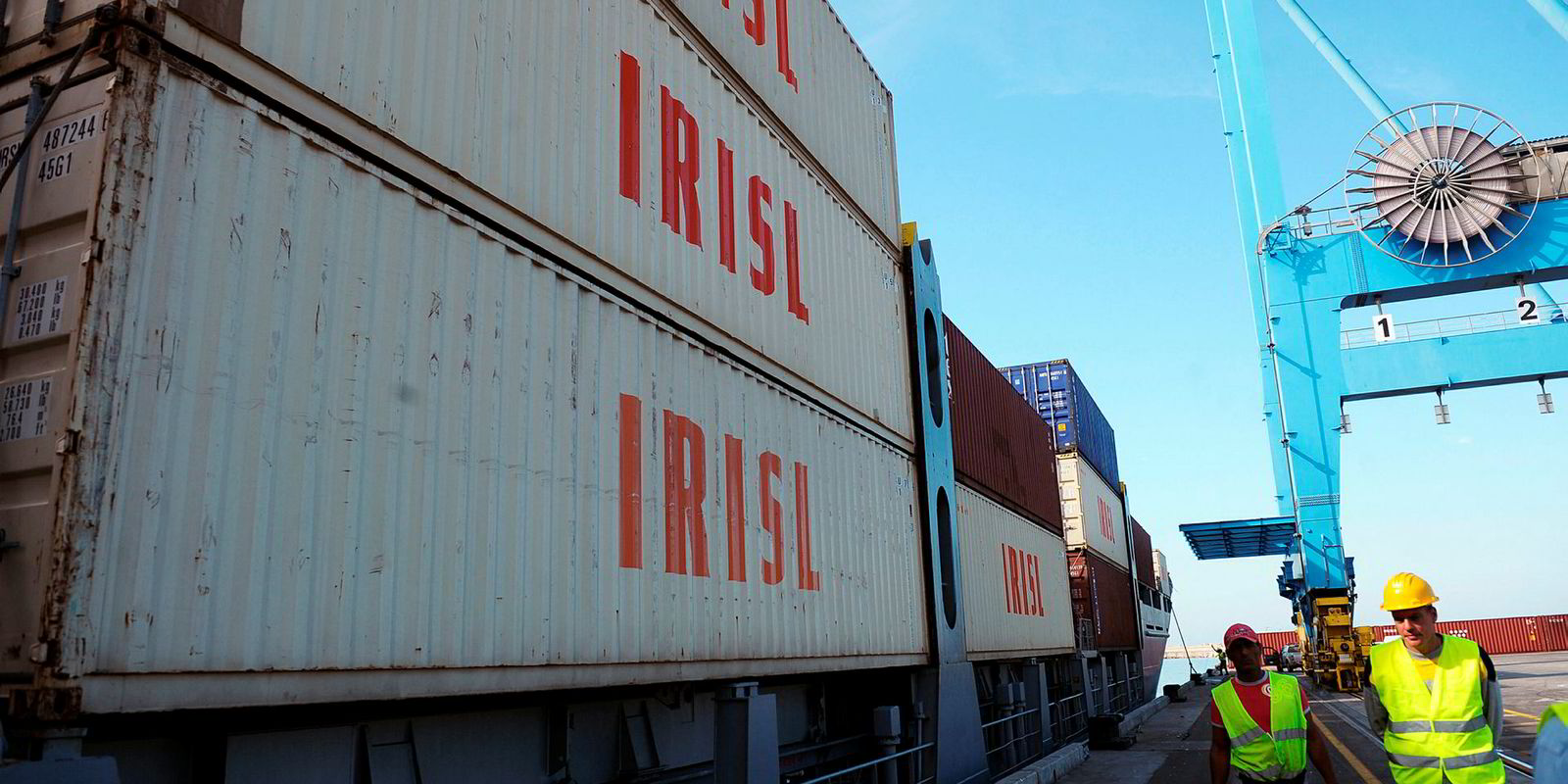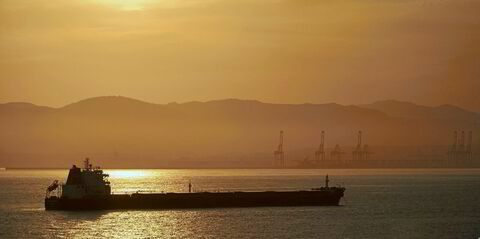Classification societies Rina and Bureau Veritas have taken different approaches toward providing classification services to National Iranian Tanker Co (NITC) and the Islamic Republic of Iran Shipping Lines (IRISL) after the US reintroduced sanctions on the two entities earlier this month.
Italy's Rina will continue to work with the two Iranian state-linked shipping firms that returned to Washington’s sanctions list this month, but Bureau Veritas of France has decided to suspend its business with Iran.
Rina confirmed that eight vessels — four crude tankers, three product tankers and one general cargoship — owned by the two Iranian entities remain in its fleet.
They are the 22,882-dwt Alvan (built 1998) that is owned by IRISL and seven vessels belonging to NITC: the 319,999-dwt Dan, 317,850-dwt Dore and 164,154-dwt Salina (all built 2009), the 164,154-dwt Sonia I (built 2008) and the 35,155-dwt Faxon, 35,124-dwt Forest and 35,155-dwt Fortune (all built 2004).
Sanction waivers
Negotiations over the vessels joining Rina's fleet took place before the end of April, according to the classification society. The Trump administration announced the US’ unilateral withdrawal from the Joint Comprehensive Plan of Action (JCPOA) in May.
When the White House reimposed sanctions on Iran’s shipping and energy sectors in early November, it handed waivers to China, India, Italy, Japan, South Korea, Taiwan, Greece and Turkey that allow them to continue purchasing Iranian crude for 180 days.
“Italy is among those countries that have been granted a temporary waiver by the US, but the details of the exemption are not clear yet,” Rina told TradeWinds in an email.
“At the moment, Rina isn't performing any activity in Iran. The company will comply with the requirements within the sanctions.”
Bureau Veritas, which is not based in a jurisdiction that received the waiver, says it has withdrawn all services — including classification — to Iranian vessels subject to US sanctions.
Industry databases suggest the ships that recently left the French classification society include NITC's 299,242-dwt VLCC Henna (built 2003) and 12,189-cbm Maria 3 (built 2013), the 49,288-dwt product carrier Petunia (built 2018), as well as IRISL's offshore tonnage including the 1,475-dwt Aynaz (built 2013), 1,475-dwt Delnia 1 (built 2014), and 1,326-dwt Delnia 2 (built 2015).
Members of the International Association of Classification Societies (IACS), including Rina and Bureau Veritas, terminated their services to NITC and IRISL between 2012 and 2015, when the US joined hands with the European Union to impose the previous round of sanctions on Iran.
Non-IACS members
That forced the sanctioned Iranian entities to use services provided by non-IACS members, such as Asia Classification Society.
Vessels classified by IACS members usually have better access to insurance coverage and ports.
When the JCOPA between Iran and the US, the EU and another four countries came into force in 2016, many IACS members resumed their services in Iran.






